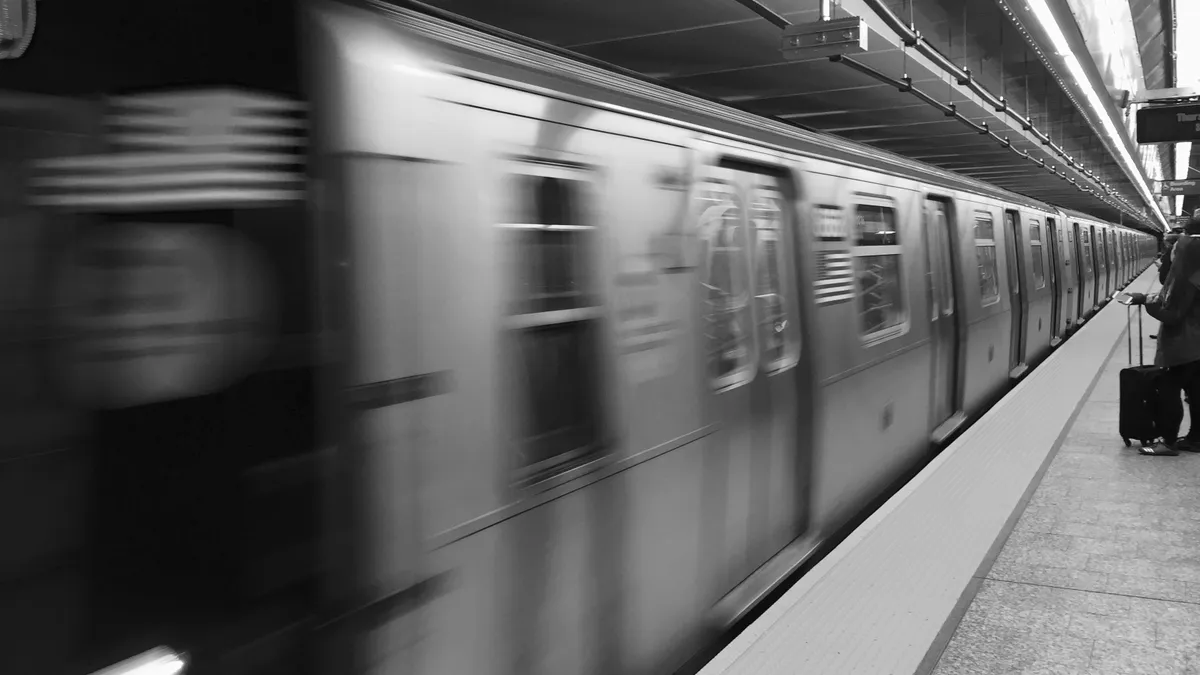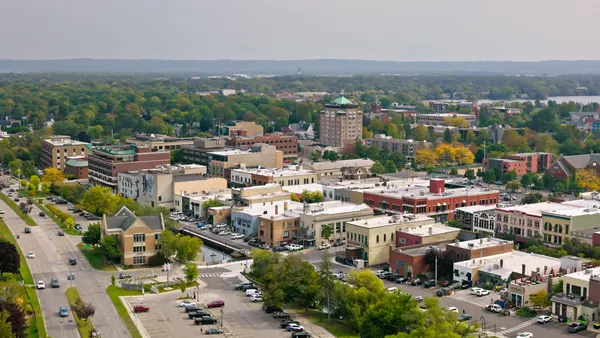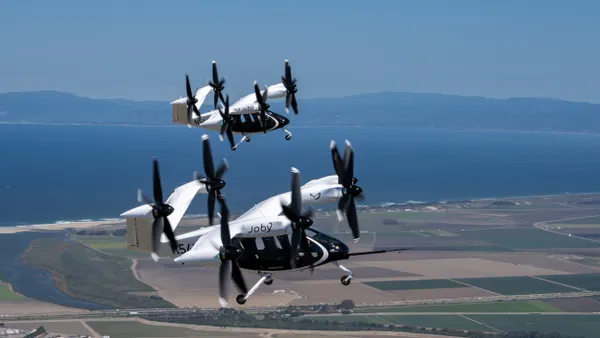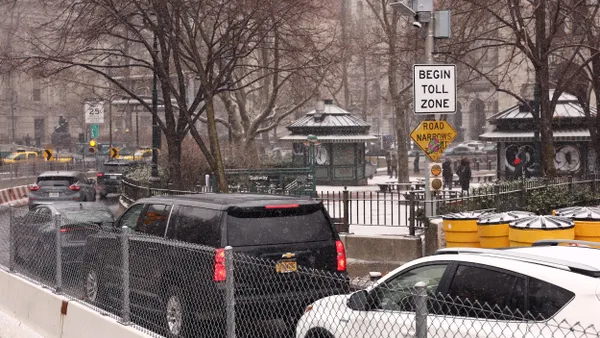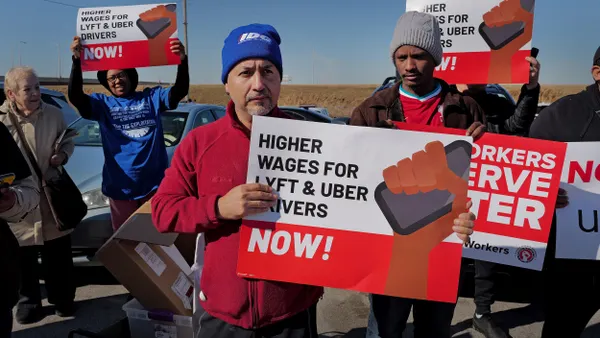New York’s long-awaited congestion pricing plan appears to be back on track following a delay in the Federal Highway Administration’s review of the Metropolitan Transportation Authority’s draft environmental assessment, the agency’s chair, Janno Lieber, said at the June 29 MTA board meeting.
In March, the FHWA responded to the MTA’s environmental assessment with a list of more than 400 questions. “We have been able to address virtually all of the questions and data requests thrown at us by our federal partners,” Lieber told board members, adding that the MTA submitted answers last week. Lieber added that he hoped to have lost “no more than four to six weeks of time" in the environmental assessment process.
New York’s Central Business District Tolling Program, better known as congestion pricing, would charge most passenger vehicles entering Manhattan below 61st Street once a day. Authorized emergency vehicles and vehicles transporting people with disabilities would be exempt.
Revenue from the tolling program would be used to help fund the MTA’s ambitious $51 billion 2020-2024 capital budget plan.
"Congestion pricing is essential to New York's future,” said Danny Pearlstein, policy and communications director at the Riders Alliance, a transit advocacy organization, in a statement. “Federal and state leaders must maintain focus and do what it takes to speed up congestion pricing and deliver its vast benefits to all New Yorkers."
Since the fall of 2021, the MTA has conducted 10 regional public meetings and nine meetings with environmental justice communities. Once the FHWA completes its review of the environmental assessment, the plan will be put out for public review, Lieber said at the board meeting. He expects to begin implementing the tolling program in 2023.



